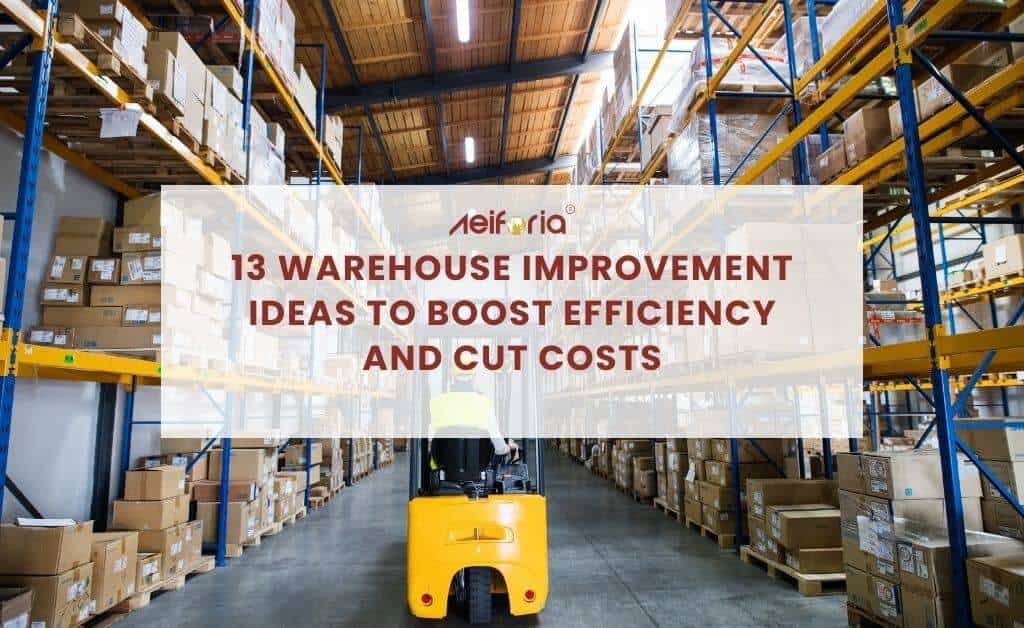
Desired Outcomes of Sustainable Development
Introduction
In our world today, sustainable development has become really important. It means finding a way to meet our current needs without making things worse for the future. We want to ensure that the next generation can meet their needs like we do. It encompasses a wide range of economic, social, and environmental goals, all aiming to create a better and more equitable world. In this article, we will delve into the desired outcomes of sustainable development, highlighting the key areas where progress is essential.
Defining Sustainable Development
Before diving into the desired outcomes, let's understand sustainable development. Sustainable development is about ensuring that we meet our current needs while also ensuring that we don't harm the ability of future generations to meet their own needs. It's about finding a way to balance our needs with the planet's needs and future generations' needs. It seeks to balance economic growth, social inclusion, and environmental protection.
Desired Outcomes of Sustainable Development
Economic Prosperity
One of the primary desired outcomes of sustainable development is economic prosperity. This involves creating a robust and inclusive economy that generates opportunities for all members of society. Sustainable economic growth should not only improve the standard of living but also reduce poverty and income inequality.
Job Creation
A key aspect of economic prosperity is the generation of employment opportunities. Sustainable development aims to create jobs in various sectors, including green technologies, renewable energy, and conservation efforts. This reduces unemployment and contributes to the overall well-being of communities.
Environmental Conservation
Preserving the environment is a cornerstone of sustainable development. The desired outcome here is to ensure the responsible use of natural resources and reduce environmental degradation.
Biodiversity Preservation
Sustainable development seeks to protect and restore biodiversity. This involves conserving ecosystems, promoting sustainable agriculture, and preventing the extinction of endangered species.
Climate Change Mitigation
Addressing climate change is a critical aspect of sustainable development. Switching to clean energy sources and preparing for changes in the climate are crucial steps toward reducing the amount of dangerous gases released into the air.
Social Equity
Another fundamental aspect of sustainable development is social equity. This entails creating a fair and just society with equal access to opportunities and resources.
Education for All
One desired outcome of social equity is universal access to quality education. Sustainable development aims to eliminate disparities in education and promote lifelong learning.
Healthcare Access
Providing access to healthcare services for everyone is a crucial priority that needs to be addressed. Sustainable development strives to provide affordable and quality healthcare, ultimately leading to healthier communities.
Poverty Reduction
Sustainable development places a strong emphasis on poverty reduction. The goal is to eradicate extreme poverty and improve the living conditions of the most vulnerable populations.
Microfinance and Entrepreneurship
By providing access to microfinance initiatives and promoting entrepreneurship, sustainable development can create opportunities for individuals and communities to be free from the cycle of poverty and take charge of their financial futures.
Conclusion
In conclusion, the desired outcomes of sustainable development encompass economic prosperity, environmental conservation, social equity, and poverty reduction. Achieving these outcomes requires a collective effort from governments, businesses, and individuals. Sustainable development is a concept and a roadmap to a better future for all.
FAQs
What are the 4 types of sustainable development?
There are four types of sustainable development: environmental, social, economic, and cultural sustainability. They collectively aim to balance environmental protection, social equity, economic growth, and cultural preservation for a better future.
How does sustainable development address climate change?
Sustainable development aims to combat climate change by reducing greenhouse gas emissions, transitioning to renewable energy sources, and adapting to the changing climate.
What role does education play in sustainable development?
Education is a crucial component of sustainable development, as it promotes equal access to knowledge and skills, ultimately leading to a more equitable society.
How can individuals contribute to sustainable development?
Individuals can contribute to sustainable development by adopting sustainable lifestyles, reducing waste, conserving energy, and supporting eco-friendly initiatives.
Why is poverty reduction a key goal of sustainable development?
Poverty reduction is essential in sustainable development because it aims to improve the living conditions of the most vulnerable populations and create a more equitable world for all.
Also Read: What are the 10 benefits of sustainable development






